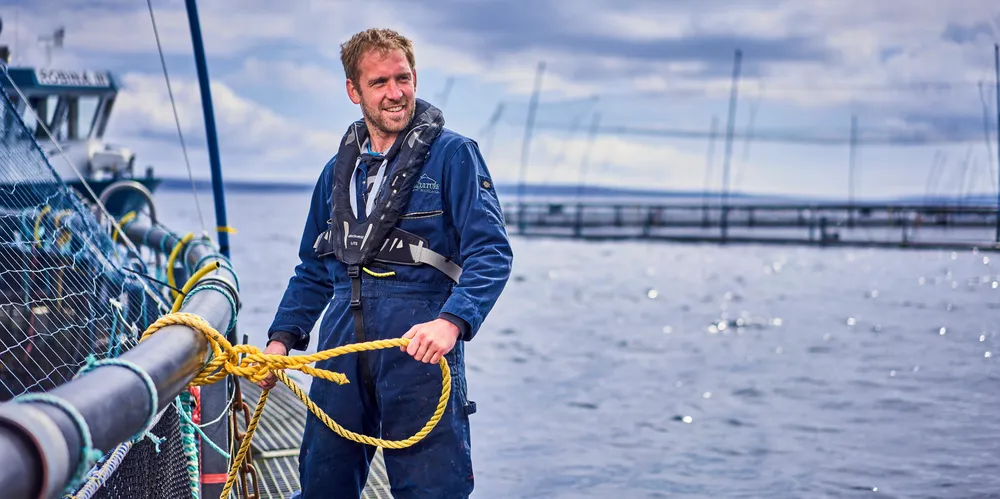'It blows my mind that anyone thought it was a good idea': Scotland seafood industry fears dire impacts from new 'no-take' zones
Both farmed and wild sectors are aligned in their concern over a ban of commercial fishing activity in 10% of the country's waters.
